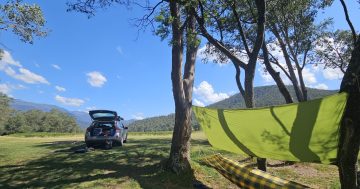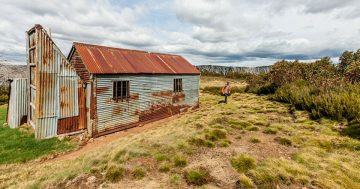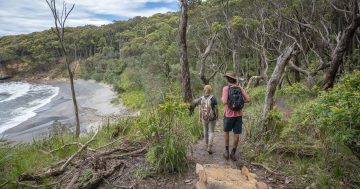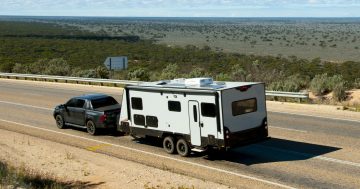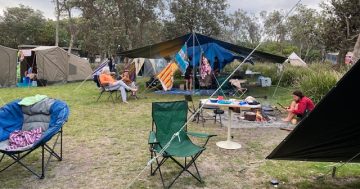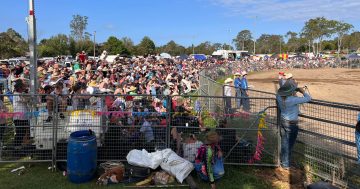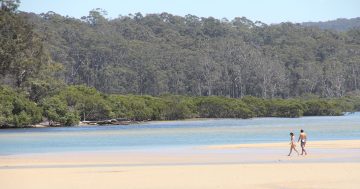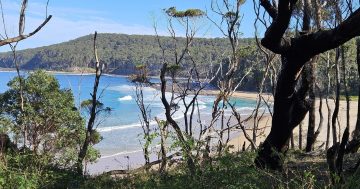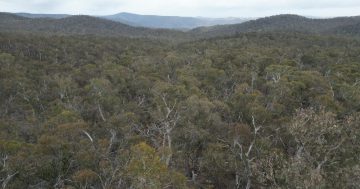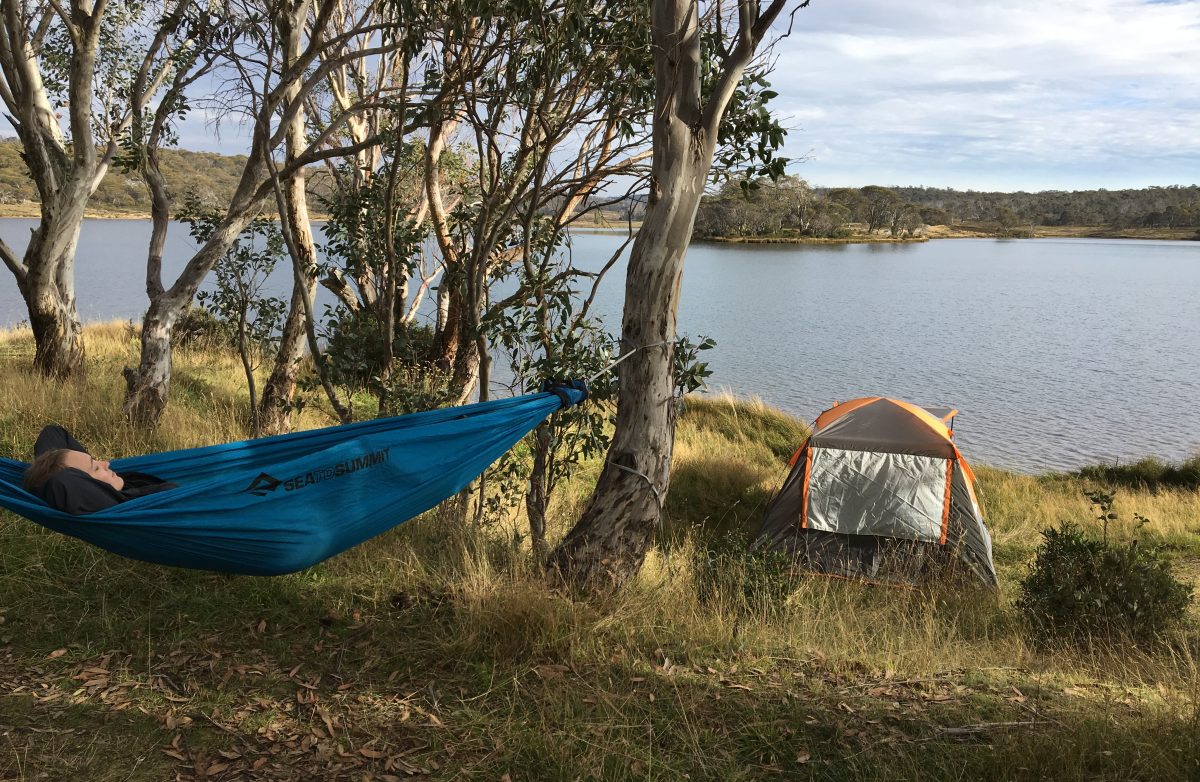
NSW National Parks and Wildlife Service has proposed a number of changes to its campground fees. Photo: Claire Fenwicke.
South Coast tour guide Eva Davis-Boermans has spent her life camping across Australia’s national parks, but a proposed new fee system could see her pull back on how often she enjoys the great outdoors.
“It’s going to change how people camp, where they camp and how often,” she said.
A standardised tiered-pricing system has been proposed by NSW National Parks and Wildlife Service in an effort to make it “simpler, fairer and easier” for people to use campgrounds while also addressing issues.
“The current camping fee system has not been reviewed [since 2017] and is not designed to manage issues experienced in modern campgrounds,” the consultation paper stated.
“This is despite substantial increases in visitation, record investment in campground infrastructure, increased park management costs and changing community expectations.
“Feedback from campers indicates there is a high level of satisfaction with NSW national park campgrounds, but visitors want solutions to ghost bookings and the current complicated fee system.”
Ghost bookings (or no shows) are when people book a site but either don’t turn up or have booked more sites than needed.
“This is inequitable, creates frustration and results in complaints when visitors see an unused space they cannot access because it is booked,” the paper noted.
Other persistent issues were a “perceived lack” of management presence and maintenance.
Ms Davis-Boermans was “conflicted” when considering the consultation paper.
On the one hand, she understands money is needed for maintenance and to provide better campsites, to make them more accessible for everyone.
But she also believes people shouldn’t have to pay to enjoy nature.
“It’s a shock to the system that a place that used to be free, which then needed a booking fee [after COVID] and created the issue of ghost bookings … are now going to cost an insane amount, comparatively,” Ms Davis-Boermans said.
She said the proposed fee changes probably wouldn’t impact on the camping trips she took further from home, as they were usually a one-off, but it would make her reassess how often she’d visit her favourite haunts.
“Those places closer to home, the ones you love, that you take family and friends to and have strong memories attached … it’s quite difficult if it goes from costing nothing to [for example] $54, that’s hard to stomach.
“I think I’ll be less likely to go and camp in my own backyard.”
The new fee system would rank campgrounds across ‘tiers’:
- Tier one campgrounds would be free and have minimal facilities
- Tier two to five campgrounds’ fees would depend on the services provided, the quality of the facilities and visitor demand
- Tier six campgrounds would have the highest fees but most amenities, such as camp kitchens, shower blocks and hot water.
About 86 per cent of NSW campgrounds would be in tiers two to five.
Multi-walk campgrounds would be priced at the tier four premium level, based on facilities, servicing levels and demand.
Seasonal price variations would also apply, with most high seasons lasting around 90 days of the year.
“Higher fees would be applied to manage pressure on high-demand locations and limit monopolised and speculative bookings in peak periods,” the paper noted.
Booking fees and per-person charges would be scrapped under the proposed fee changes.
A standard site would accommodate up to six people with discounts for smaller sites and group sites.
A routine consumer price index increase would be applied annually under the proposed scheme.
“Proposed changes would contribute a modest increase in revenue, but they do not represent cost recovery,” the paper stated.

Proposed tiered fee system for campgrounds in national parks (per site per night). Photo: NPWS.
Historically, campground fees have been individually set for each site.
Currently campsite bookings may also include a site fee, extra per-person charge and a booking fee.
Changes have also been proposed to cancellations in an effort to incentivise people to cancel bookings when plans change and to discourage the booking of multiple sites.
The proposed scheme would provide up to 80 per cent refund or credit if a person cancels at least three days before their booking was to start.
Cancellations after this time would receive a 50 per cent credit or refund.
Currently a 50 per cent refund is provided when a campsite booking is cancelled up to 30 days before arrival, and a 75 per cent refund for cancellations made more than 31 days in advance.
A 100 per cent refund of camping fees when a park closes due to an emergency or operational reason would stay the same.







